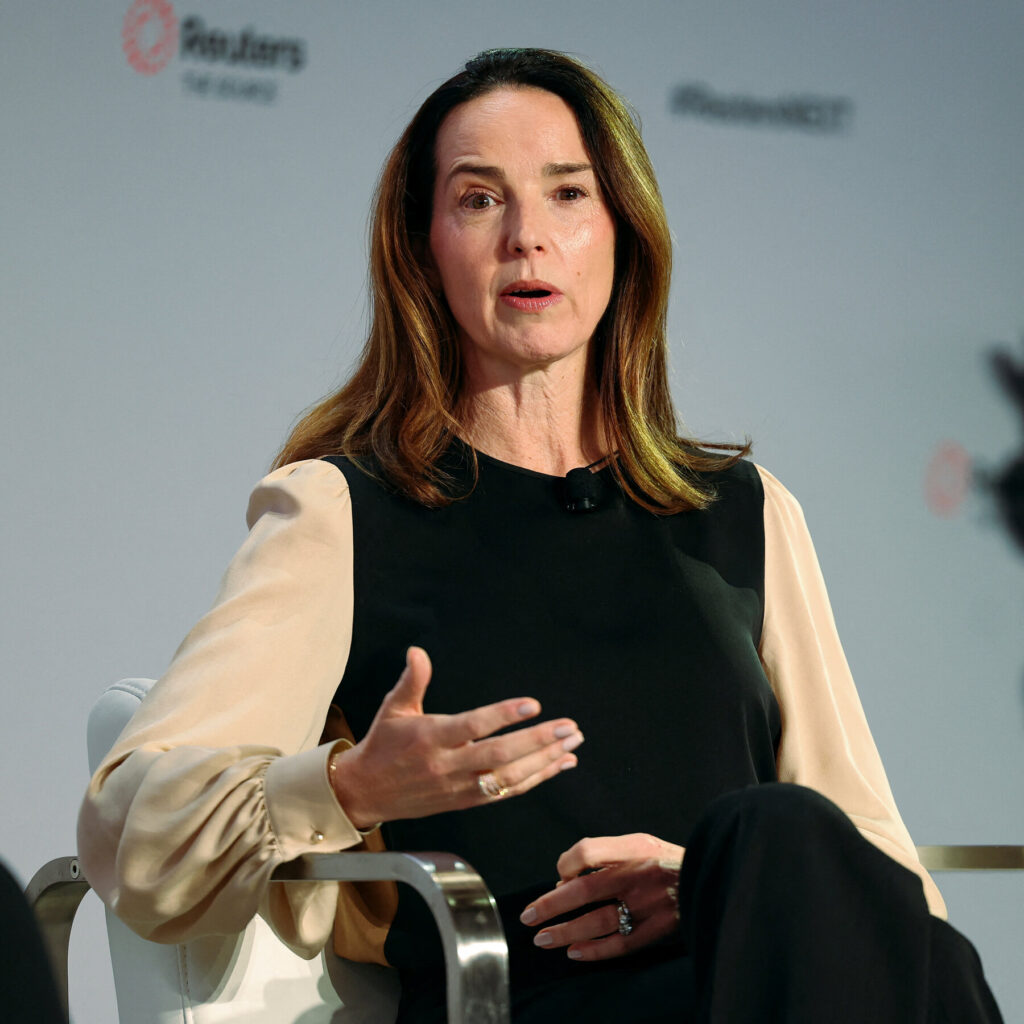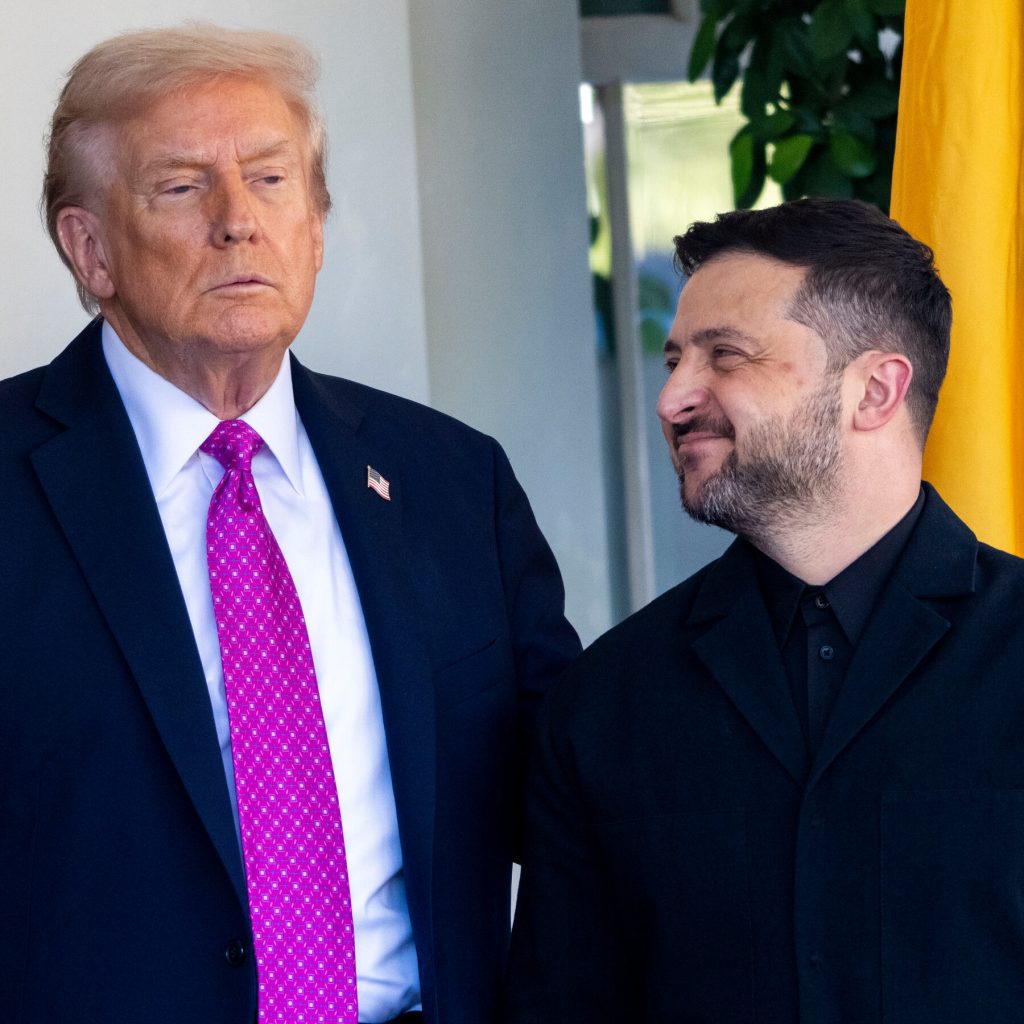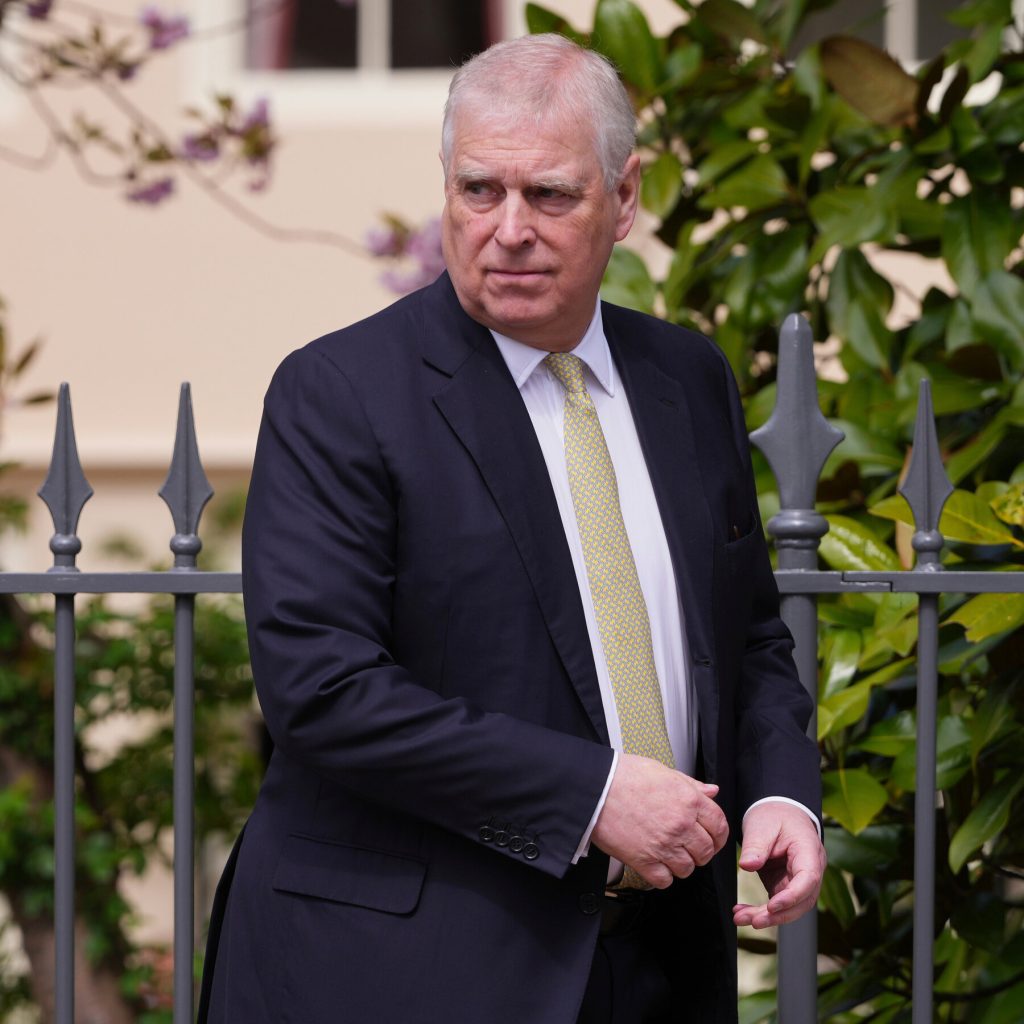OpenAI Seeks Government Support Amid Growing Investor Skepticism

San Francisco – The artificial‑intelligence startup that has become synonymous with the rapid expansion of generative AI is now grappling with a wave of criticism after a senior executive floated the idea of seeking public funding. The suggestion, made during an internal strategy meeting that was later reported by industry insiders, has reignited concerns that the AI sector is inflating a speculative bubble that could burst under its own weight.
The executive in question, Chief Operating Officer Lydia Wang, told colleagues that “exploring a partnership with the federal government could provide a stable source of capital while we continue to push the frontiers of safe AI development.” Wang’s remarks were intended, she says, to “open a dialogue about diversified financing options” as OpenAI’s cash burn accelerates.
OpenAI’s financial picture has been under intense scrutiny since its $10 billion valuation was announced last year. The company’s operating expenses—driven by massive compute costs, talent acquisition, and the rollout of increasingly sophisticated models—have reportedly outpaced revenue growth. While the firm earns licensing fees from its API and subscription income from ChatGPT Plus, analysts argue that these streams are still insufficient to cover the scale of its expenditures.
Investors, many of whom are venture‑capital funds that poured billions into the AI boom, are beginning to voice unease. “We’re seeing a classic pattern where hype outpaces sustainable business fundamentals,” said Maya Patel, a partner at the tech‑focused venture firm Horizon Capital. “If OpenAI is looking to the government for a financial lifeline, that signals deeper cash‑flow challenges than the market anticipated.”
The idea of government aid for a private AI powerhouse has also drawn fire from policymakers and consumer‑rights groups. Critics warn that public funding could create conflicts of interest, granting a single corporate entity outsized influence over the direction of a technology that will shape economies, security, and daily life. “We must be cautious about entangling taxpayer money with a company that holds a near‑monopoly on cutting‑edge language models,” argued Senator Rebecca Alvarez (D‑CA) during a recent Senate subcommittee hearing on AI oversight.
OpenAI’s leadership, meanwhile, has emphasized that the company remains financially robust. In a statement released on Monday, CEO Sam Altman said, “Our balance sheet is strong, and we continue to generate significant cash flow from our products and partnerships. The discussion about government collaboration is exploratory, focusing on shared goals of AI safety and public benefit, not a rescue plan.” Altman added that the company is actively seeking “strategic alliances” that could include research grants, joint ventures, or regulatory sandboxes, rather than direct subsidies.
Industry observers note that OpenAI’s move reflects a broader trend among high‑growth tech firms that are increasingly looking to public‑private partnerships to mitigate risk. Earlier this year, several quantum‑computing startups announced collaborations with the Department of Energy, while autonomous‑vehicle companies have secured research contracts from the Department of Transportation.
Whether OpenAI’s flirtation with government funding will calm investor nerves or fuel further debate remains to be seen. For now, the company is navigating a delicate balance: maintaining its rapid innovation pace while reassuring stakeholders that its financial engine can sustain the next wave of AI breakthroughs without relying on taxpayer dollars. The coming weeks are likely to reveal how OpenAI’s board and its backers will respond to the growing chorus of caution.





OpenAI’nin hükümetten destek istemesi ilginç. Acaba bu şirket gerçekten finansal sorunlar mı yaşıyor yoksa sadece yatırımcıları mı yatıştırmak istiyor?
Bu haber beni düşündürüyor. OpenAI gibi şirketler gerçekten bizim için çalışıyor mu yoksa sadece kendi çıkarları mı peşinde? Hükümetin bu şirketlere destek vermesi doğru mu?